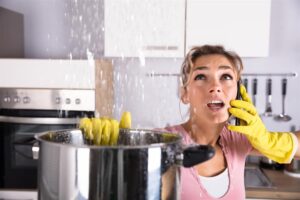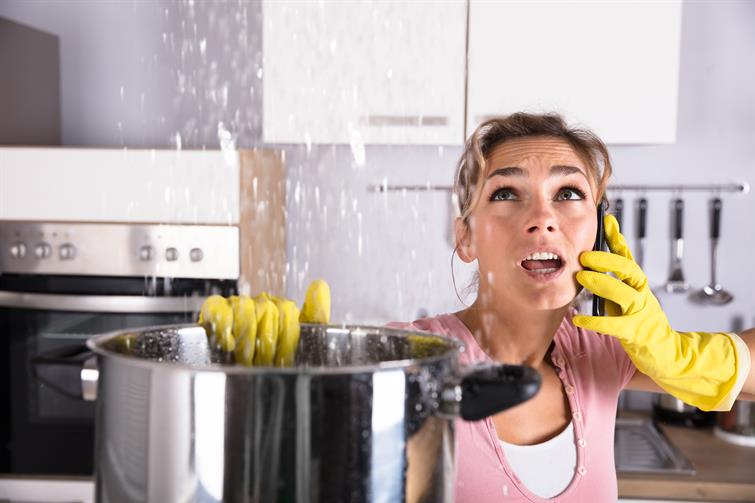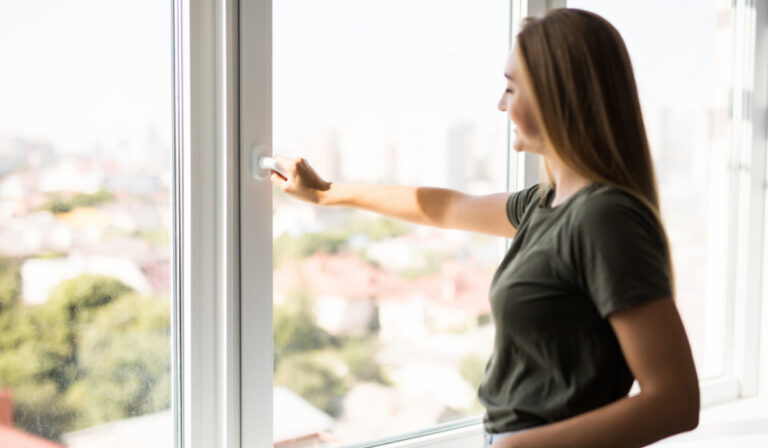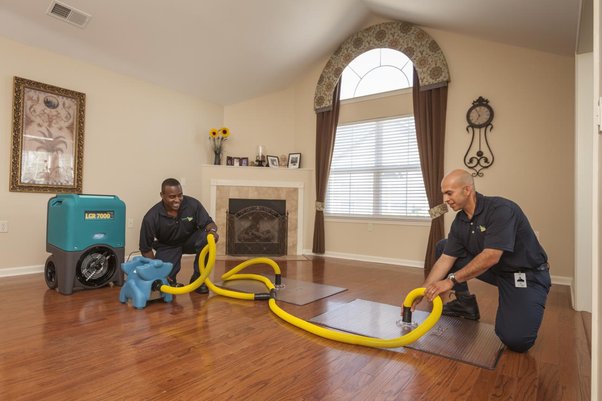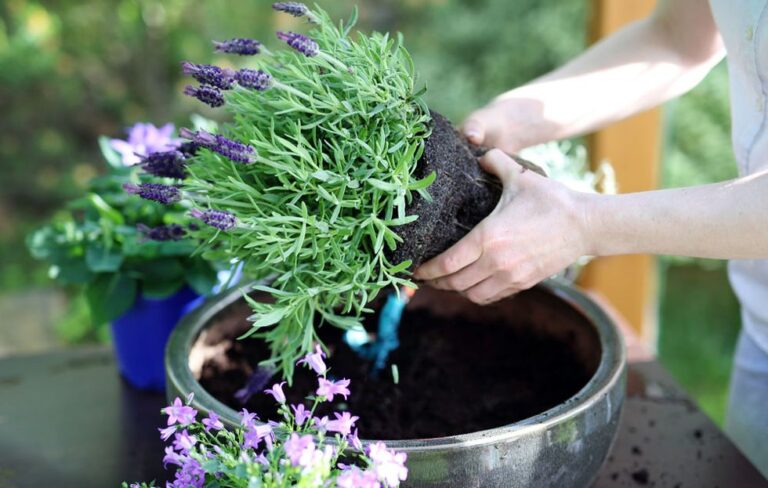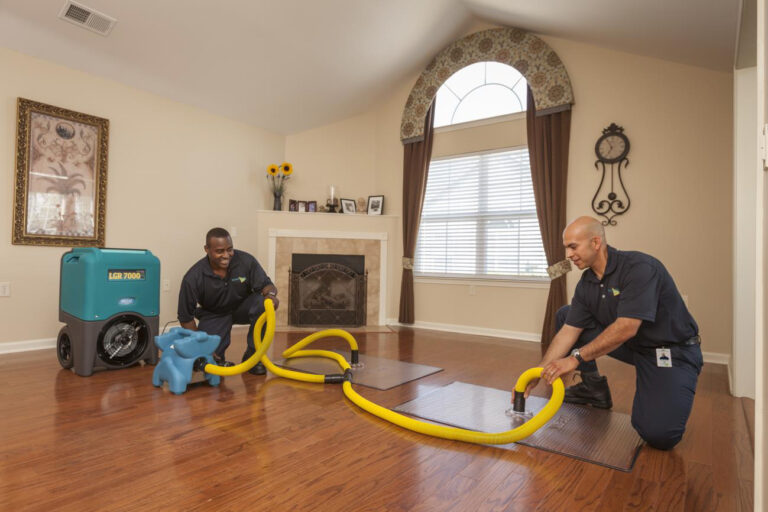Water damage in homes is often underestimated, with many homeowners unaware of the significant risks associated with untreated water damage. From structural deterioration to health hazards, the consequences of neglecting water damage can be severe and far-reaching. In this comprehensive guide, we delve into the hidden dangers of untreated water damage in your home, shedding light on the importance of prompt action and professional water damage restoration services.
The Silent Intruder: Understanding Water Damage
Leaks, floods, burst lines, and sewage backups are all different types of water damage. While some instances of water damage are immediately apparent, such as a flooded basement or ceiling leak, others may lurk unseen within walls, floors, or ceilings. Regardless of the source or extent, untreated water damage poses a multitude of risks to both property and occupants.
Structural Compromise: Weakening The Foundation
The most dangerous thing about water damage that isn’t fixed is that it can weaken your home’s structure. Wood, drywall, and insulation can become weaker over time when they are exposed to water for a long time. This can cause them to bend, rot, and decay. Over time, this degradation can undermine the stability of load-bearing structures, including walls, floors, and ceilings, increasing the risk of collapses or structural failure.
Breeding Ground For Mold And Mildew
Perhaps the most insidious consequence of untreated water damage is the proliferation of mold and mildew. These fungi thrive in damp, humid environments, making water-damaged areas the perfect breeding grounds. Mold growth not only damages surfaces and materials but also poses serious health risks to occupants. Mold spores can cause allergic reactions, breathing problems, and other health problems, especially in people whose immune systems aren’t working well.
Electrical Hazards: Shocking Consequences
Water and electricity are a dangerous combination, yet water damage often exposes electrical wiring and appliances to moisture. Even minor leaks or seepage can lead to electrical hazards, increasing the risk of shocks, short circuits, and electrical fires. Furthermore, water infiltration can corrode electrical components and insulation, compromising their safety and functionality. Ignoring water damage in proximity to electrical systems is a recipe for disaster, emphasizing the need for immediate intervention and professional assessment.
Contamination Concerns: Sewage And Pathogens
In cases of flooding or sewage backups, untreated water damage can introduce harmful contaminants and pathogens into your home. Sewage water contains a cocktail of bacteria, viruses, and parasites, posing serious health risks to anyone exposed. Even clean water sources can become contaminated when mixed with household chemicals, debris, or organic matter. Without proper disinfection and sanitization measures, water-damaged areas remain hazardous, harboring invisible threats to occupants’ health and well-being.
Indoor Air Quality: A Breath Of Fresh Air?
The quality of the air inside a building can have a big effect on people’s health and happiness, and water damage is a big threat to air quality. Mold spores, germs, and volatile organic compounds (VOCs) that are released when water damage happens can spread through the air and cause breathing problems, allergic reactions, and other health issues. Additionally, damp environments promote the growth of dust mites and other allergens, exacerbating indoor air quality issues. Addressing water damage promptly is essential to safeguarding indoor air quality and maintaining a healthy living environment.
The Importance Of Water Damage Restoration
Given the myriad dangers associated with untreated water damage, prompt action is imperative to mitigate risks and prevent further harm. Water damage restoration professionals possess the expertise, equipment, and resources necessary to assess the extent of damage, mitigate hazards, and restore affected areas to pre-loss condition. Experts in water damage cleanup use tried-and-true methods to do everything from removing water and drying out the area to getting rid of mold and fixing any damage to the structure.
Conclusion
In conclusion, the hidden dangers of untreated water damage in your home underscore the importance of proactive intervention and professional restoration services. From structural compromise and mold growth to electrical hazards and contamination concerns, the consequences of neglecting water damage can be severe and far-reaching. Homeowners can protect their property, and their health, and make sure their living space is safe and healthy for themselves and their families by being aware of the risks and acting quickly to fix water damage. Remember that the best ways to reduce risks and get your peace of mind back after water damage are to stop it before it happens and fix it quickly.









